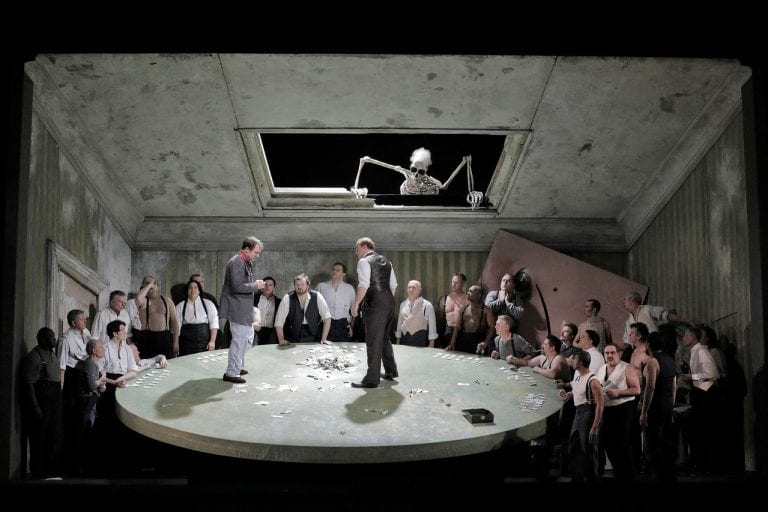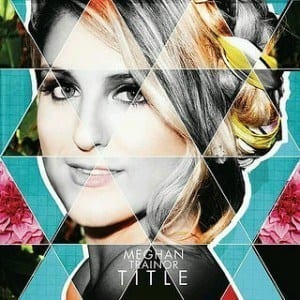
Which class would you rather wake up for at 8AM? Organic chemistry or Orgasm maximization? Universities are starting to catch up to student’s interest in the importance of proper sexual education. For example:
* Emerson offers a course called “Lube, Vibrators, Sex Toys . . . Oh my!” The curriculum brags “This workshop will address the joys of sex toy play, and show you ways to incorporate them into your sex life. ”
* At Amherst college, there is a “sex toy workshop” where students learn to make their own sex toys.
* NYU offers ‘Strap-On Play,’ ‘Sex Toys 101’ workshops.
* A “Vayjayducation” workshop at Harvard featured a raffle for $1,000 worth of donated sex toys.
* Universities such as Iowa State University, Columbia University, and Washington Universty all run college-affiliated BDSM education groups.
* In recent years, week-long programs dubbed “Sex Week” were held at institutions including Brown, Northwestern, Yale University, and the University of Kentucky.
* The University of Oregon health center recently developed an app that is aimed at making sex education a little less awkward for college students. The app includes how to select toys and lube and how to clean toys.
These sex toy friendly programs are controversial, but none as much as the infamous live demonstration at Northwestern University where about 100 of psychology professor J. Michael Bailey’s students observed a naked woman being penetrated by a motorized sex toy. The professor eventually had to apologize and promise “no repeats”. The list of jokes you could make about the students who fail these sexuality courses are endless, but the real question is whether or not these classes have a place in a university.
Debates about whether or not to teach sexual education tend to focus on appropriateness rather than the value of the information to be learned. When we asked Dave Levine, the owner of SexToy.com, he said: “Sex and sex product education is not prevalent in college let alone high school. Sex can be a blast, but some of the resulting effects can have a life-long impact. We spend hours teaching people safety before they can enjoy other exciting activities such as skydiving, driving, rock climbing, and more, but because of the stigma associated with sex, it’s rarely touched upon. That is why we have taken it upon ourselves to educate the public through our sex resources.” We want anyone considering items for their sex life to have the safest, and best, sex possible.”
Talking with Dave, we learned that there are over 100,000 different types of sex toys – and they come in some pretty oddball designs. You can buy giant hands, bodyless feet,and vibrators shaped like dolphins ready to “dive”. Some of these sex toys are even designed to pleasure parts of your body that you may not have ever known were sensitive. Although many people have heard of the popular “G-Spot”, very few have heard of the A, U, and C spots.
Universities are taking steps toward educating people for healthier and more enjoyable sex lives – even as they face controversy for doing so. With the joint efforts between retailers, educators, and academic researchers, we’re sure that people’s sex lives are going to continue to get more and more fulfilling.















